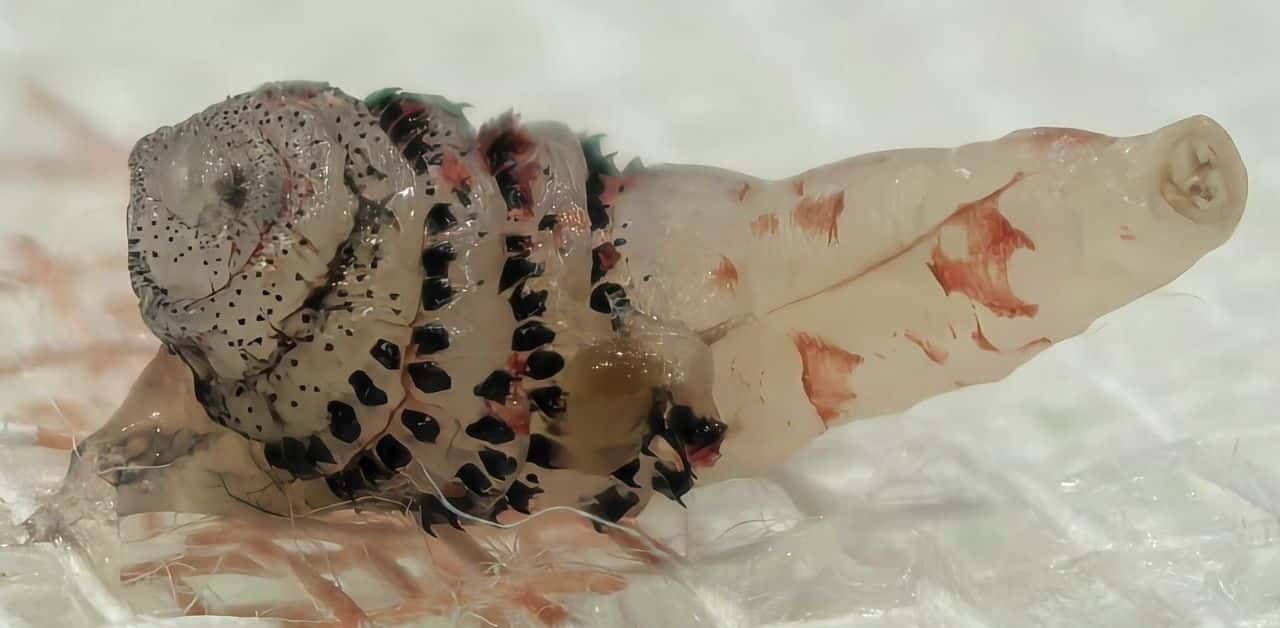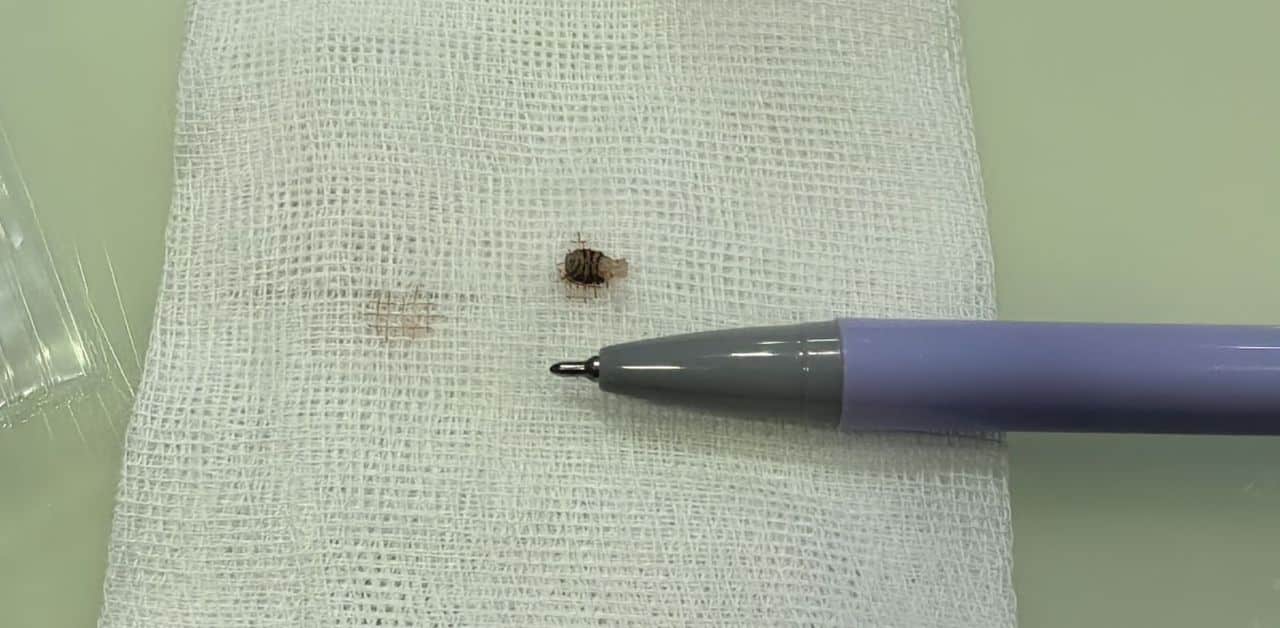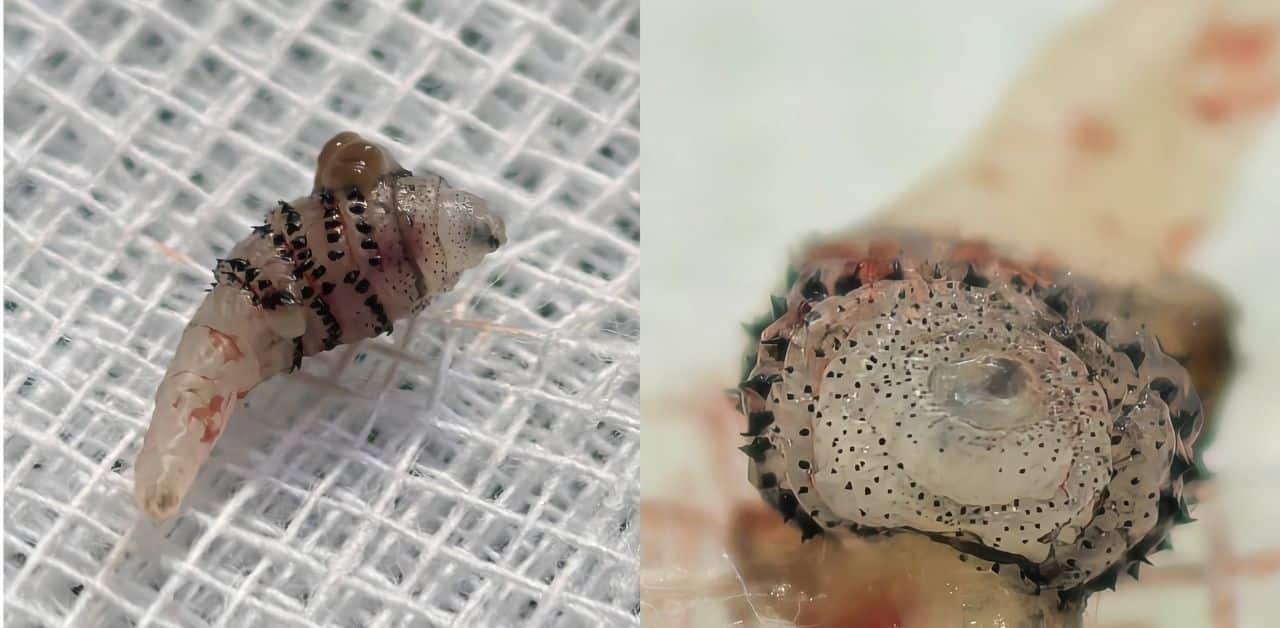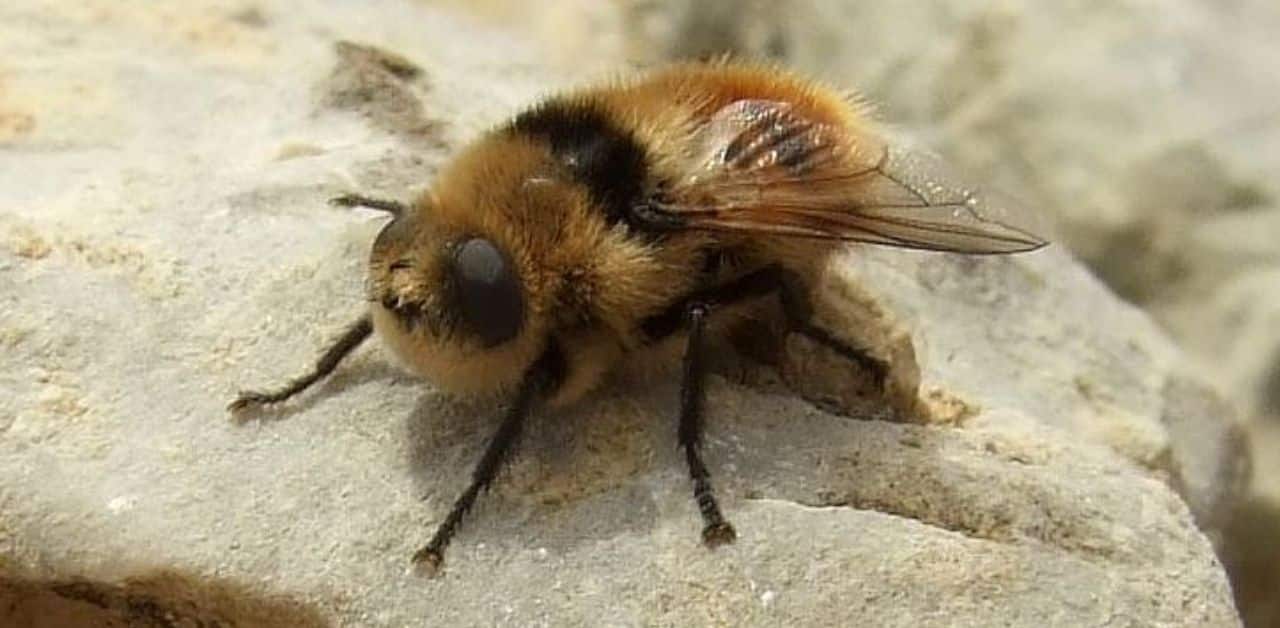Insect larva removed from patient in Bangkok, expert says no threat to locals

A Thai science communicator addressed public concern after a hospital worker in Bangkok shared images of an insect larva removed from a foreign patient’s skin. The patient had recently returned from Brazil and sought treatment at a hospital in the capital.
The medical worker posted pictures of the creature on the well-known Facebook group นี่ตัวอะไร (“What is this animal?”) yesterday, November 19, providing details in the caption…
“What is it? It’s under the skin of a foreign patient who had just returned from Brazil. He sought treatment at a hospital in Bangkok, and the doctor removed it today.”
The attached images show a close-up of a larva, which has a soft, elongated, segmented body with semi-translucent skin.
Many netizens commented that the larva appeared to be that of a botfly, a species not native to Thailand. Others expressed concerns that the insect might spread and pose a danger to locals.

Jessada Denduangboripat, a science communicator and lecturer in the Department of Biology at Chulalongkorn University, clarified that there is no record of this insect spreading in Thailand, and there is no cause for alarm.
Jessada explained that the foreign man had suffered from myiasis, a condition in which fly larvae infest the body, commonly affecting travellers returning from regions such as South America or parts of Africa.

Certain species of botflies lay their eggs on the skin or on other insects, which later transfer the eggs to a human or animal host. The larvae then penetrate the skin and develop beneath it, causing painful lesions that resemble boils. Each lesion usually contains a single larva, which breathes through a small opening in the skin.
Treatment involves carefully removing the larva, either surgically or by blocking its air hole to force it to emerge. If left untreated, the larva will eventually mature and exit the host to pupate in the soil before becoming an adult fly.

Other academics commented that the fly could not establish itself in Thailand due to differences in the ecosystem.
Following this case, a Thai man shared his own experience with myiasis. He explained that he returned from Tanzania two years ago and had been infested by a tumbu fly, or mango fly. This species lays eggs on the ground or on clothes, which can then enter a human host.
He added that the larva did not cause him pain, but he realised he had it when he noticed a wound with movement inside. He sought medical treatment, and a doctor removed the larva by cutting the wound open.
Latest Thailand News
Follow The Thaiger on Google News:


























